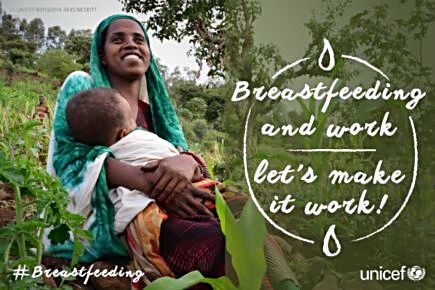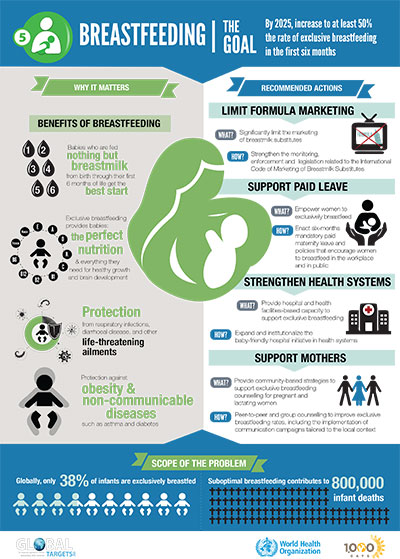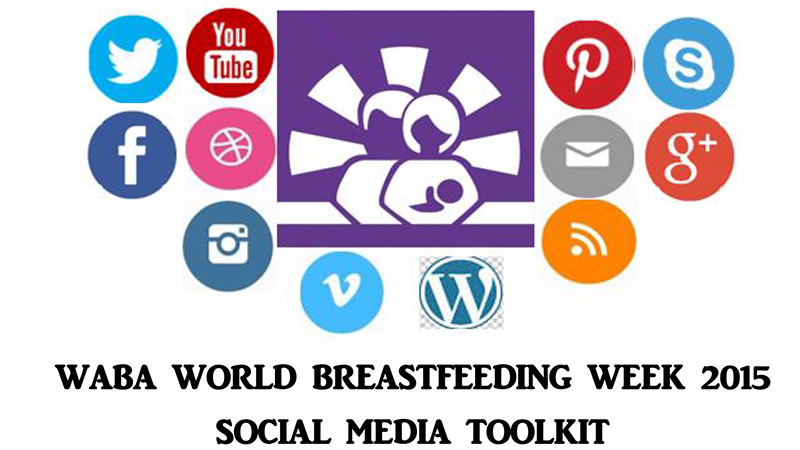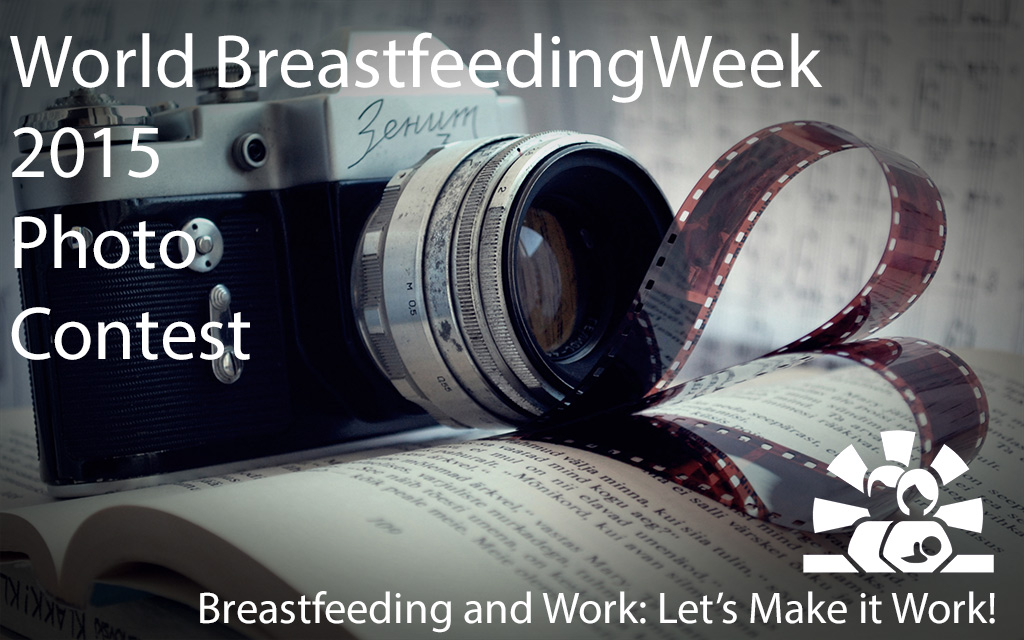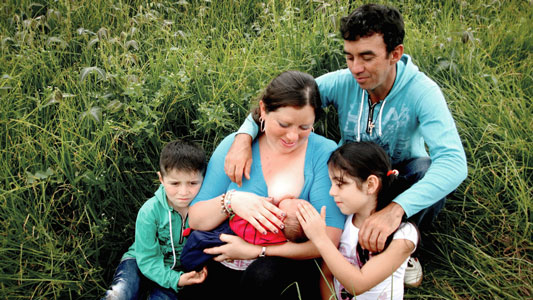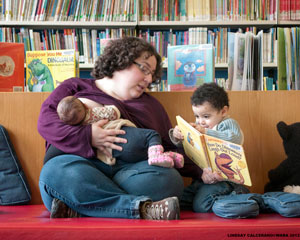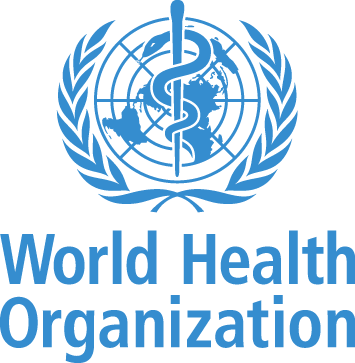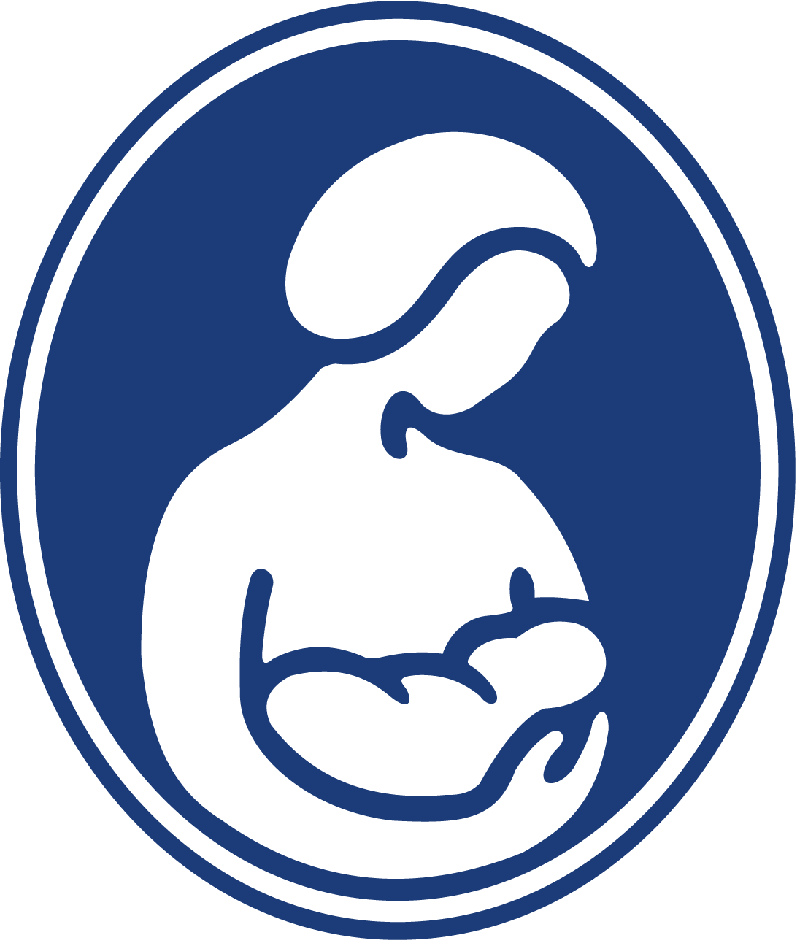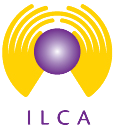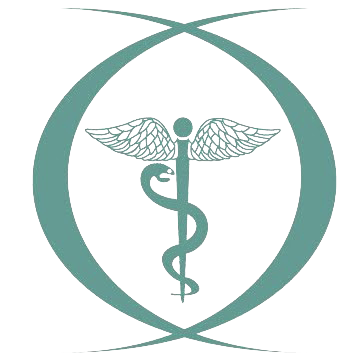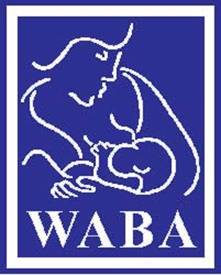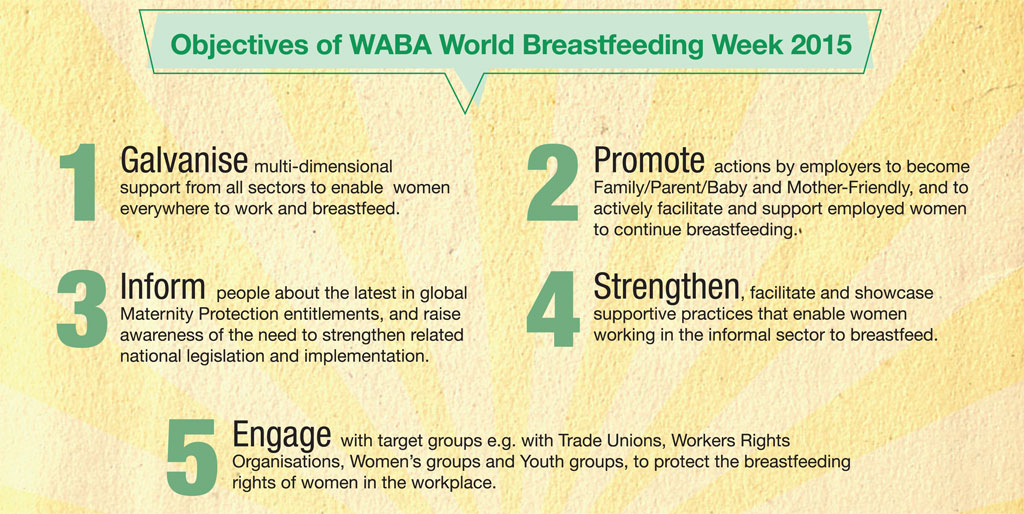
World Breastfeeding Week 2015 Objectives
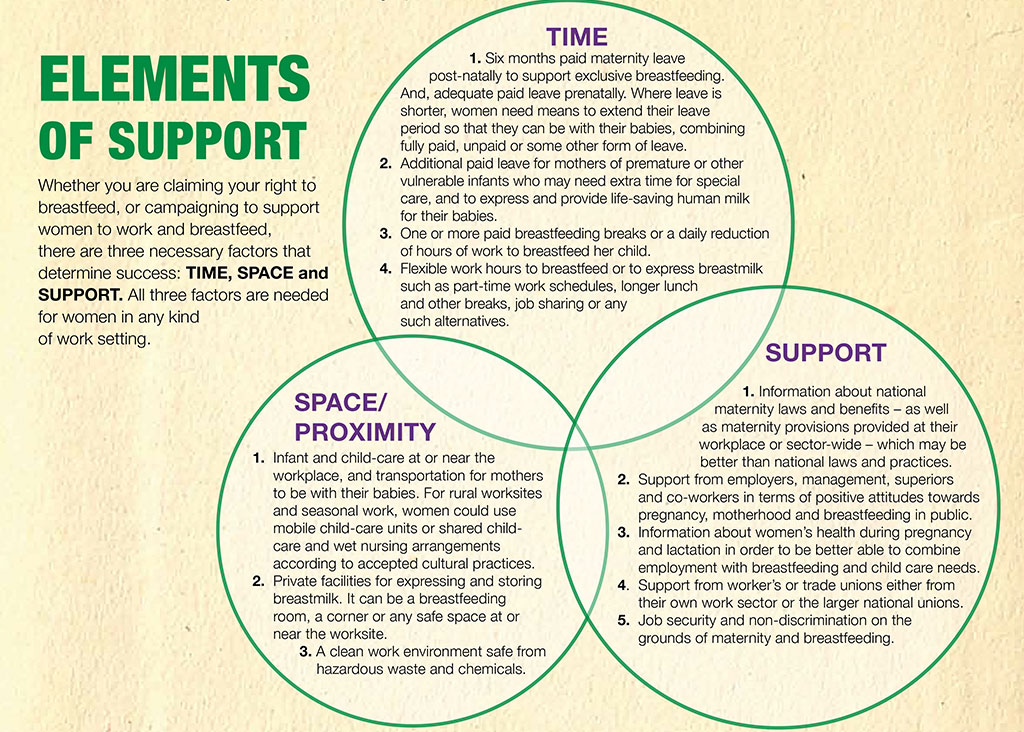
Elements of Support
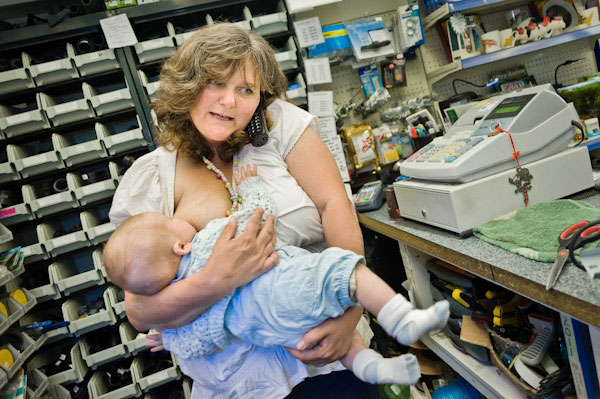
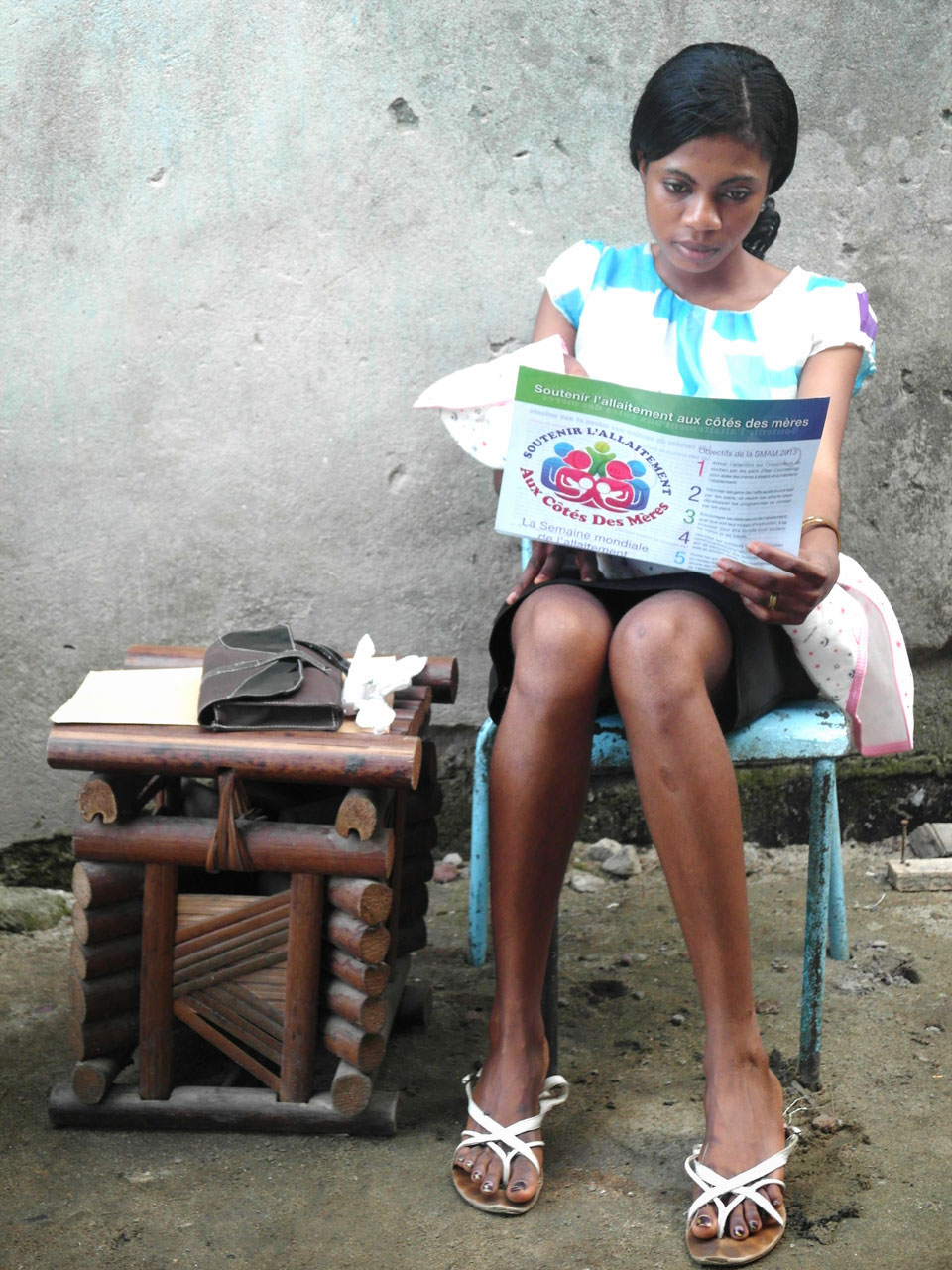
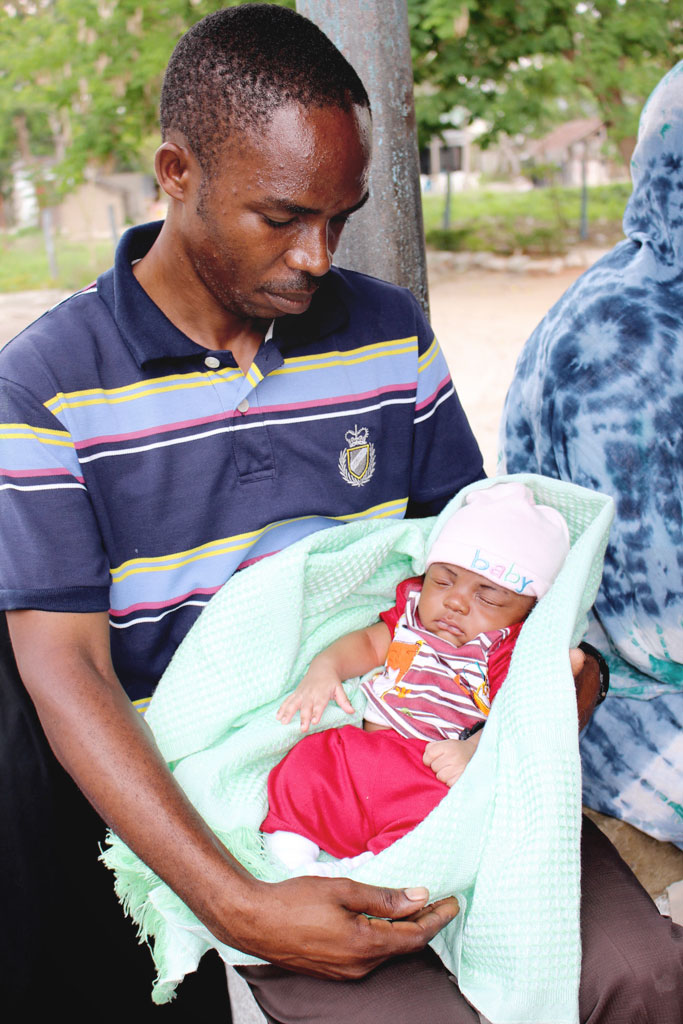
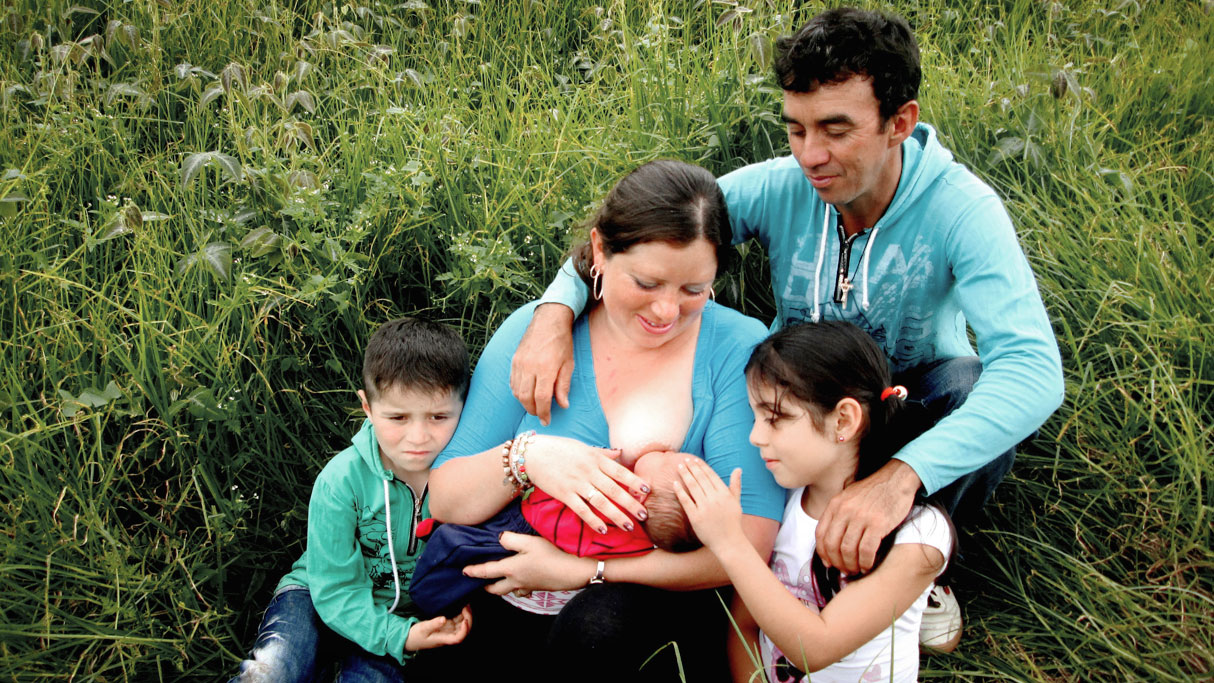
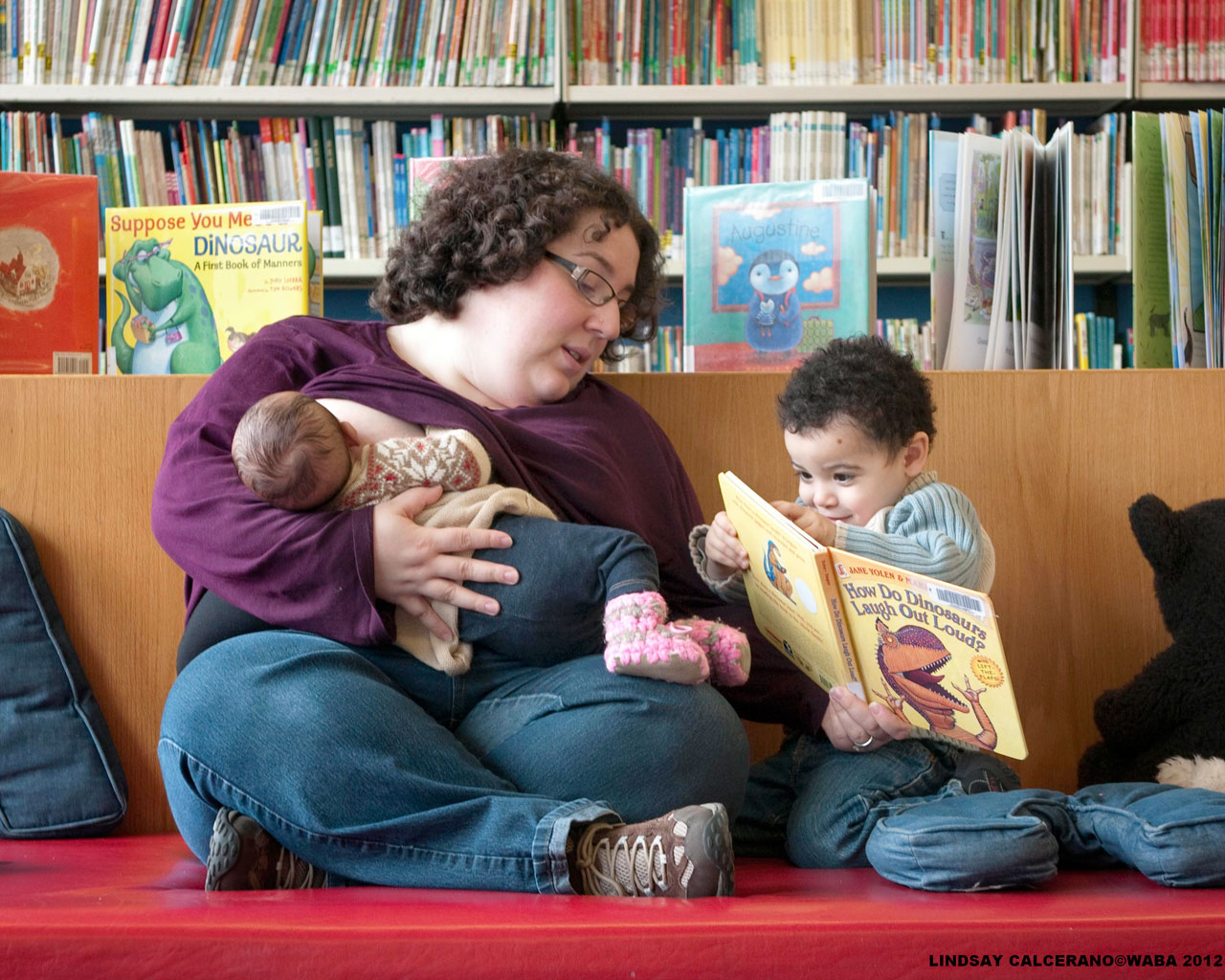
Maternity Protection (MP) Legislation & Practices (Long-Term)
- Update yourself on the status of MP in your country.
- Link with potential partners who work on issues relating to working women and gender equality in your country - including trade unions, worker’s groups, women’s organisations - to galvanise action for better Maternity Protection.
- Check out the ‘Nine Steps to a Successful Maternity Protection Campaign’: Step 1 - Review your resources; Step 2 - Assess the national situation; Step 3 - Form an action group; Step 4 - Do an in-depth national assessment; Step 5 - Work with our key partner e.g. the trade unions; Step 6 - Develop a plan of action; Step 7 - Carry out the plan of action; Step 8 - Monitor and evaluate the work accomplished; Step 9 - Follow up and reporting on activities. See more here: www.waba.org.my/whatwedo/womenandwork/pdf/06a.pdf
Workplace Breastfeeding Support Programmes (Short-Term)
- Cooperate with more employers to create breastfeeding friendly rooms or corners/spaces at the workplace.
- Set up a Breastfeeding or Family/Parent-Friendly award system for supportive employers to motivate more employers to implement breastfeeding-friendly practices!
- Ensure that hospitals and health care centres/clinics are also mother-friendly workplaces. ** For more see the SUPPORT ELEMENT in the diagram below
Community Breastfeeding Support & The Informal Sector
- Start up or strengthen local Peer Counselling and/or mother support groups to respond to the needs of women working in more marginalised sectors.
- Identify appropriate local authorities to look for creative ways to bring maternity protection benefits to women in the informal economy.
- Identify women’s groups in your community or country that may have data on the situation of women in the informal economy. Combine forces to see how best to respond to women’s needs in the informal economy to balance work, breastfeeding and child-rearing.
For more see also:
a) “How to Support Women in the Informal Economy to Combine Their Productive and Reproductive Roles”, Section 9 of Maternity Protection Campaign Kit,
b) “Extending maternity protection to women in the informal economy: An overview of community-based health-financing schemes” ILO Working Paper.

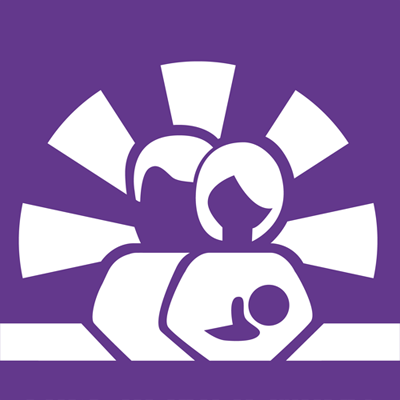
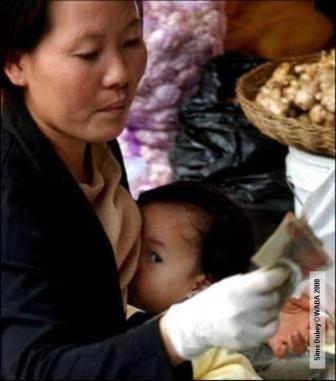 The Innocenti Declaration (1990) recognised that breastfeeding provides ideal nutrition for infants and contributes to their healthy growth and development. There is much that remains to be done despite 25 years of hard work, particularly on the fourth Innocenti target that calls on governments to “…enact imaginative legislation protecting the breastfeeding rights of working women and establish means for its enforcement”.
The Innocenti Declaration (1990) recognised that breastfeeding provides ideal nutrition for infants and contributes to their healthy growth and development. There is much that remains to be done despite 25 years of hard work, particularly on the fourth Innocenti target that calls on governments to “…enact imaginative legislation protecting the breastfeeding rights of working women and establish means for its enforcement”.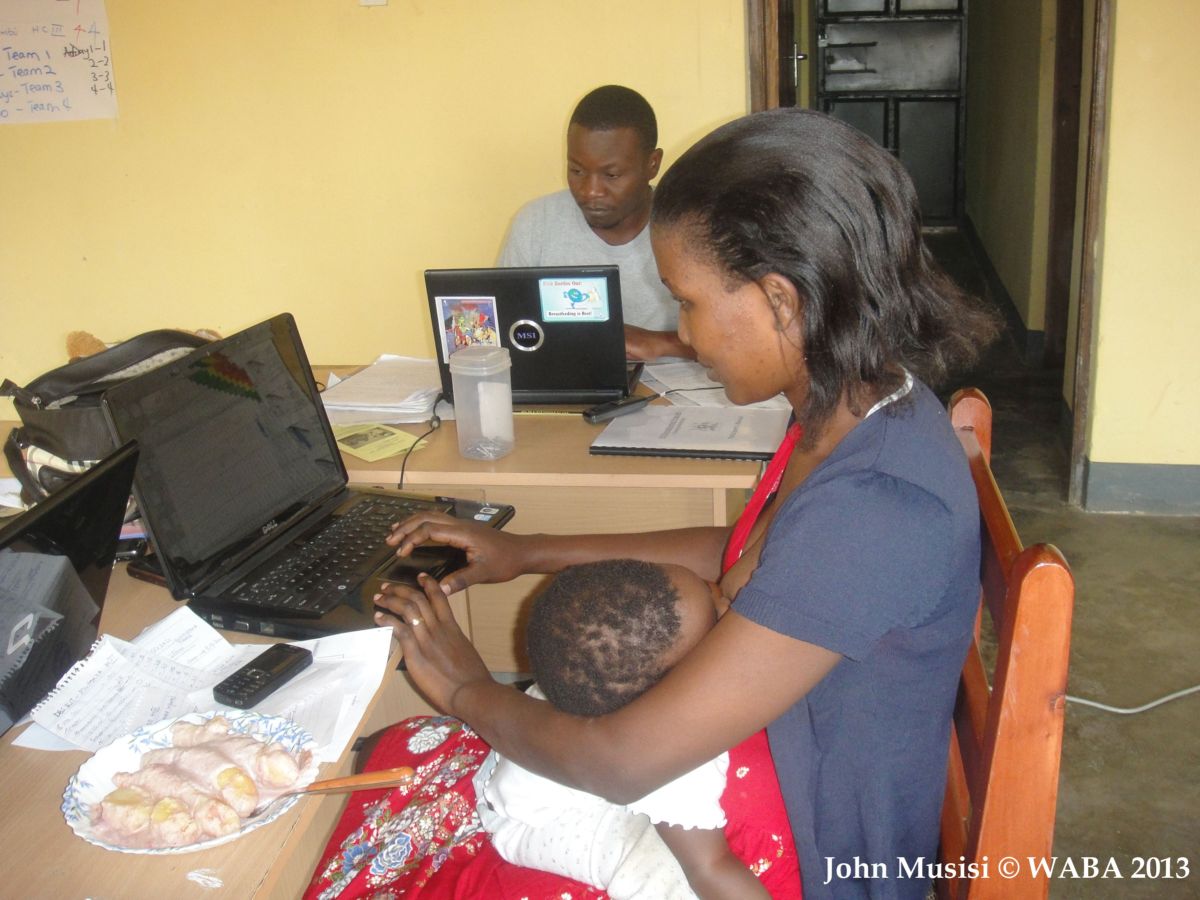 With the WBW 2015 campaign, WABA and its partners at global, regional and national levels aim to empower and support ALL women, working in both the formal and informal sectors, to adequately combine work with child-rearing, particularly breastfeeding. (We define work in its broadest form from paid employment, self-employment, seasonal and contract work to unpaid home and care work).
With the WBW 2015 campaign, WABA and its partners at global, regional and national levels aim to empower and support ALL women, working in both the formal and informal sectors, to adequately combine work with child-rearing, particularly breastfeeding. (We define work in its broadest form from paid employment, self-employment, seasonal and contract work to unpaid home and care work). 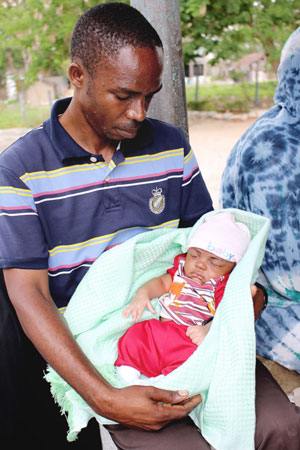 The WABA Coordinated World Breastfeeding Week is part of the gBICS (Global Breastfeeding Initiative for Child Survival) Programme entitled: "Enhancing Breastfeeding Rates Contributes to Women's Rights, Health, and a Sustainable Environment". The gBICS Programme aims to contribute to the achievement of sustainable development - beyond the Millennium Development Goals - by scaling up breastfeeding and infant and young child interventions and transforming Policies into Practice which contributes to efforts aimed at addressing climate change and gender inequality in the framework of human rights. WABA is grateful to NORAD (the Norwegian Agency for Development Cooperation) for its support of gBICS.
The WABA Coordinated World Breastfeeding Week is part of the gBICS (Global Breastfeeding Initiative for Child Survival) Programme entitled: "Enhancing Breastfeeding Rates Contributes to Women's Rights, Health, and a Sustainable Environment". The gBICS Programme aims to contribute to the achievement of sustainable development - beyond the Millennium Development Goals - by scaling up breastfeeding and infant and young child interventions and transforming Policies into Practice which contributes to efforts aimed at addressing climate change and gender inequality in the framework of human rights. WABA is grateful to NORAD (the Norwegian Agency for Development Cooperation) for its support of gBICS. 